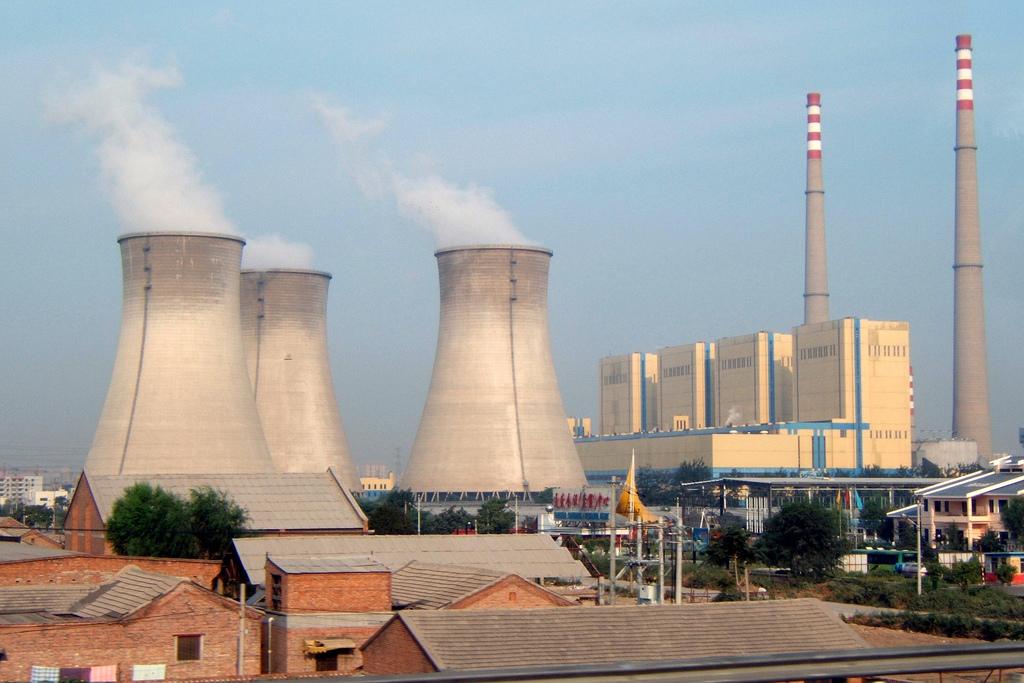3 Mins Read
Of all the alternative energy controversies, nothing gets people so riled up as nuclear energy. Those who believe in it are staunch defenders and those against consider it totally unfathomable. We take on everyone’s points below.
Nuclear Energy: Definition
Nuclear energy, also knows as atomic energy, is the energy produced by nuclear fission; the latter is process of splitting the element uranium, which thereby releases the energy stored in the atom.
Nuclear Energy: The Good
As an alternative energy source, nuclear energy has some very obvious advantages. Namely: once nuclear reactors are built, it is very inexpensive to produce it (operating costs are low); humankind has been testing nuclear energy consistently since the 1970s so it is a known quantity; it releases very little carbon dioxide compared with fossil fuels; and it has the capacity to generate power for huge amounts of people (versus wind power or solar energy) as it is very efficient.
However, as most readers are undoubtedly aware, nuclear energy is a controversial and explosive (pun intended!) topic which divides nations. The atomic bomb and its destruction is still fresh in the world’s collective mind. Below are the numerous reasons why people argue so fervently against it.
Nuclear Energy: The Bad & The Ugly
Health and Safety
If a nuclear plant explodes, the damages to the surrounding area can be be extremely severe. Radiation occurs, endangering human life. Nuclear reactors are also susceptible to climate and can be damaged (and cause serious harm) by earthquakes, tornadoes, etc
Toxic Waste & Land Contamination
The process of nuclear fission of uranium produces toxic waste as a byproduct. This waste must be properly disposed. If leaked, the contamination into surrounding areas is extremely dangerous (read: deadly). This is one of the most controversial points about nuclear energy production. It is difficult to guarantee that the waste can be disposed of cleanly. Usually, it is buried deep underground. Over hundreds of years, it disintegrates into benign matter but this is hard to prove and justifiy.
Water Contamination
Nuclear energy production requires large amounts of water. Once used, this water is contaminated and when disposed, presents a risk to waterways, animals and marine species, not to mention humans who live nearby and use such water.
Uranium Mining
Uranium mining is not undertaken in the most environmentally friendly manner and requires energy to remove the element from the ores. Not to mention, uranium ores emit radon gas, which is strongly linked to lung cancer. Uranium miners are atvery high risk of developpig lung cancer.
Investment Costs & Time
Building nuclear reactor plants is an expensive undertaking. It requires substantial investments. These costs are usually covered by governments (which means taxpayer money- a problem especially in nations where the public is anti-nuclear). Further, plants take upwards of a decade to build, a significant time investment.
If only there were easy answers…In case you missed the previous posts in this series, read up on other types of alternative energy: Part 1: Solar Energy, Part 2: Wind Power, Part 3: Ethanol as a Biofuel. Here’s hoping
Photo credit: Bret Arnett via photopin cc.




